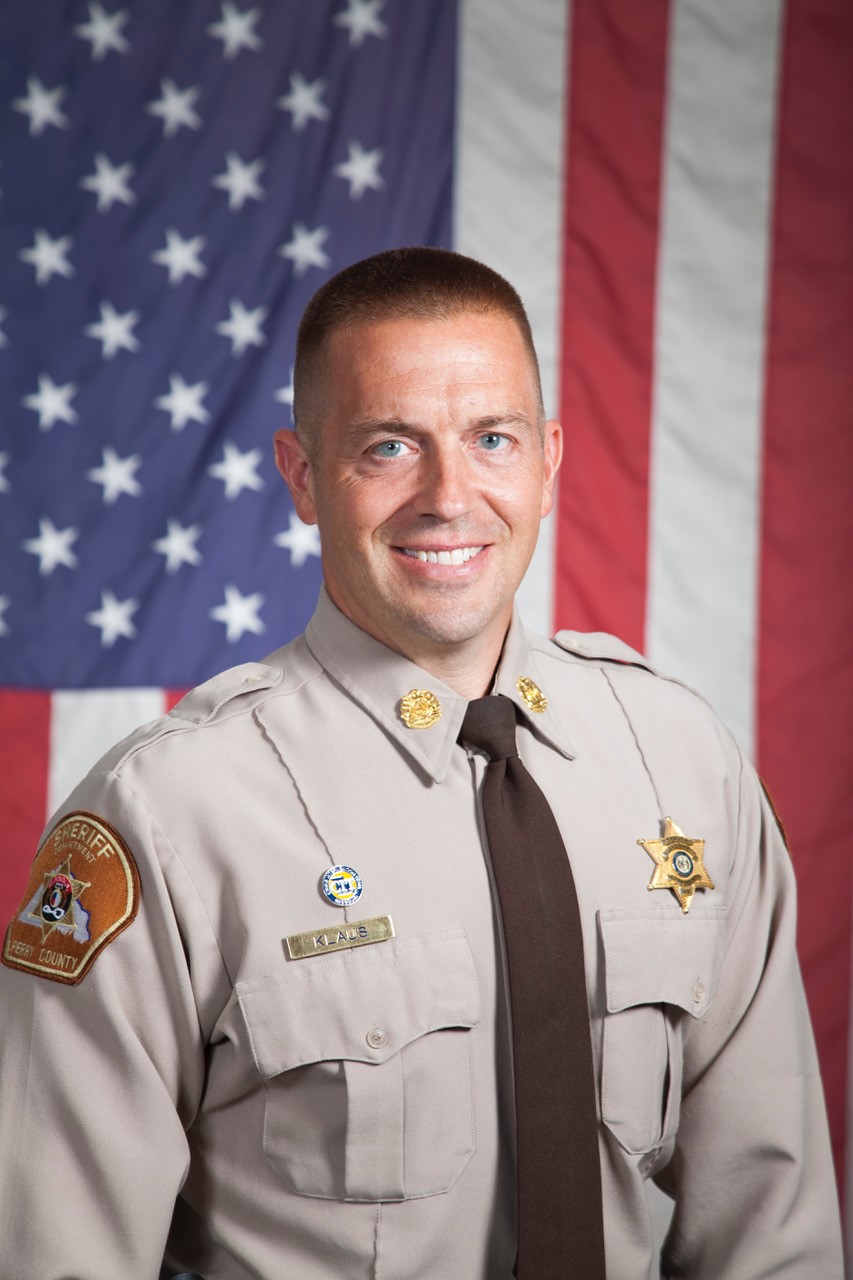Trans and Gender Variant, Identity Development and Adverse Childhood Experiences
Speaker(s):
Presentation:
This presentation explores the experiences of transgender, non-binary, and genderqueer individuals’ identity and the outcomes in relation to the adverse childhood experiences of abuse, neglect, and household dysfunctions like domestic violence using the lenses of intersectionality and minority stress. Archival research found in the published record is reviewed to explore the current literature relating to the trans and gender variant population, identity development, and adverse childhood experiences outcomes. The presentation discusses recent professional experiences relevant to the topic and future research needs.
Objectives:
- Define key concepts and terms surrounding trans and gender variant identities, the theories of minority stress and intersectionality, and adverse childhood experiences.
- Describe the current literature surrounding trans and gender variant individuals and adverse childhood experiences.
- Identify future academic research areas and needs.
Slides and Handouts:






